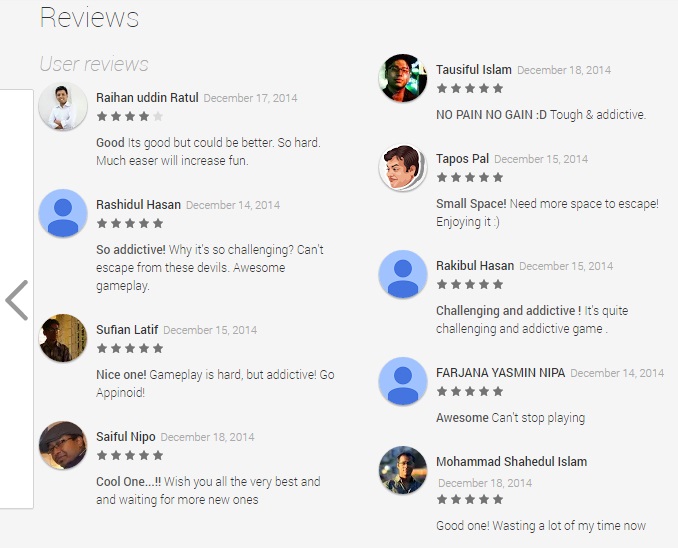We’ve all been conditioned to believe that online piracy is a bad thing. And it’s certainly not unfounded, with the recording and movie industries losing purported billions of dollars per year to the crime. Never in our history has it ever been easier to share with more people, and in mere seconds. Just a couple of hours in a movie theater with a camera can result in hundreds of thousands of illegal downloads and shares of today’s most popular movies.
Last year’s statistics for illegal movie downloads saw one popular movie being downloaded an incredible nine million times just six months from its release in theaters. While it’s obvious that this is a huge thorn in the side of movie makers, the question has always been how we can possibly get such a large number of people to stop breaking the law.
One way is to create legislation which allows government bodies to take control of sites whose main business is copyright theft. Others say that there’s no excuse to download this type of content illegally, given all of the options for viewing it in a law-abiding fashion, such as via Netflix and Hulu.
Evidence Piracy a Good Thing?
While the majority of lawmakers say that the death of online piracy is the ideal with all of the legislation and options available, others are saying that, should online piracy die, it will mean the end of the internet as we know it. But isn’t this a little bit dramatic?
Not when you consider what the government appears to be willing to do to stop online piracy. As in the example above, complete control and possible shutdown of sites is not outside the realm of possibility. The problem with this is the fact that there are many sites whose majority of members do not engage in illegal file-sharing activity. As was the case with one popular site this year, hundreds of legitimate users were shut out of their accounts so that those who were sharing illegally could be stopped.
And so the bottom line is how much control will be needed to be had by government forces in order to secure our internet freedoms. And should that happen, the question will be whether or not we can really consider ourselves to have internet freedoms, given the level of government control that’s been applied.
The Effectiveness of Site Shutdown
Does shutting down the sites where illegal file-sharing activity is taking place actually work? That’s a question with more than one confusing answer. It was discovered earlier this year that there was a decrease in one source of downloading due to the presence of legal streaming services. But experts said that it wasn’t the presence of legal services which caused fewer illegal downloads. They pointed to the fact that there was an overall decrease in downloading activity due to several factors, including the many sites which were shut down by government, and not just one.
And where do owners of sites offering illegal downloads and file sharing go once their sites are shut down. Likely, to other sources which offer stealthier downloading and sharing, according to experts.
No End in Sight
One argument says there is no end in sight where it comes to piracy, not because piracy is too rampant, but that it’s impossible to control. Experts say that people will speak out should censorship of file-sharing sites continue, forcing the government to find another way.
They also say that with the censorship of file-sharing sites, there would also need to be some sort of censorship with regard to the means used to find them: namely, search engines. Given that the public knows what happens in other countries like China who censor their internet, it’s not likely that this could occur here in American without significant protest.



